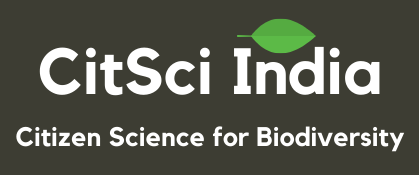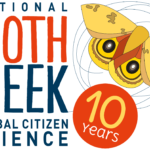National Moth Week is a unique opportunity to become a Citizen Scientist and contribute scientific data about moths. Through partnerships with major online biological data depositories, National Moth Week participants can help map moth distribution. Part of the Lepidoptera order of insects, moths are among the most diverse and successful organisms on earth, with an estimated diversity of 500,000 species globally. It is an opportunity for everyone, from wherever they are, to observe this extraordinarily diverse group of insects and support their documentation.
This annual event held towards the end of July every year is a call to people around the world to learn and observe moths around them. Individuals and organizations are invited to register private and public moth-ing and educational events for free on the NMW website. No equipment needed, just turn on the light on your porch and contribute to the worldwide citizen-science project!
It is a unique opportunity to document one of the most diverse groups of insects, which are poorly studied from India, right in your backyard! Participants do not need any equipment. By taking part, the participants can help in mapping the distribution of different species of moths, which forms long-term monitoring data through which we might understand the impacts of climate change, urbanization, pollution on the native populations.
No prior knowledge or expertise on moth taxonomy or biology is required to participate. Flyers are distributed, workshops and sessions are organized in English and regional languages to help in the documentation process.


